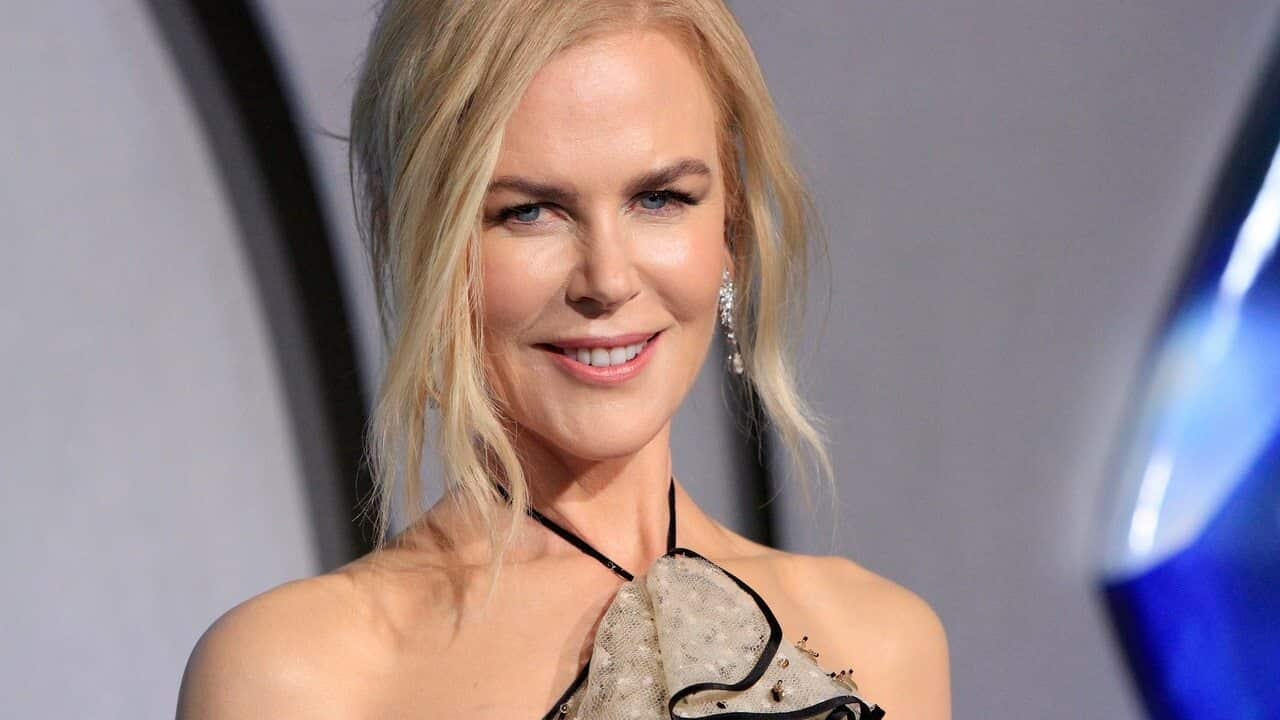I was thinking of my grandmother (or nani as I call her). It’s her birthday today and we don’t get to see each other as often as we would like. But as I pictured her, one of the things amongst many that I realised I like about my nani’s face is the history that’s etched on it. The crinkles at the corner of her eyes, the folds of her skin, the lines around her mouth. I like how through her face she’s telling everyone of a lifetime of experiences she’s lived through. Of growing up in India, moving to Pakistan as a new bride and then to Australia well after she’d become a grandparent. I also love her white hair, its texture like fairy floss that sits on top of her head.
As long as I’ve remembered, my nani hasn’t complained about ageing. It happened to her like the natural process that it is. But then my nani was of a generation that didn’t buy into magazines let alone be swayed by social media. And this way perhaps she was able to avoid a lot of the societal pressures many women face especially after they turn 35, around ageing.
The pressure to fight the ageing process is much worse for celebrities of course, and one actress, famous for her turn in the 80's drama Family Ties, is speaking up about how we need to stop buying into the societal pressure to stop ageing.
Justine Bateman released a book, , on the ageing process by interviewing a number of women about it. In it she writes about rejecting the idea that older faces needed fixing.
"For me, (the face criticisms) felt like a ploy to somehow shut me down, to get me to hide, to be quiet, to erase myself, all at the exact moment in my life when I had gained the most intelligence, the most wisdom, and the most confidence," she wrote in her book.
Bateman also spoke about how even 10 years ago when she was in her early 40s, Google revealed how some people thought she looked old. “The auto complete was Justine Bateman looks old and at the time I was only about 41 or 42 and I was very surprised at that," in an interview.
This isn't the first time female celebrities have spoken about the ageing process, especially in regards to how it older female actresses. But you don't have to be a celebrity to know that society is set up against women over 50. Women in that age group report a high level of at work. In fact, increasingly women over 50 are being locked out of the workforce altogether, leading to .
Older women are the fastest-growing group of homeless people in Australia today.
This has meant that older women are the of homeless people in Australia today. Annabelle Daniel, the chief executive of Women’s Community Shelters, told the Sydney Morning Herald, that "women at risk of homelessness in later life had often lived 'conventional lives', taking time out of work to care for children and working casual or part-time jobs."
For the older women who had jobs, some had taken to using Botox and fillers and taking their birthday off work just so they wouldn't be asked . Meanwhile for men it's a whole other story. At work, older men have often been associated with experience and their seniority seen as an asset.
"Older women may in fact experience more discrimination than older men, because physical appearance matters more for women and because age detracts more from physical appearance for women than for men," a suggested.
There is real reason for women to not want to age, or at least show the outward process of ageing.
All of this points to the fact there is real reason for women to not want to age, or at least show the outward process of ageing. While yes, there maybe societal pressure on us to maintain youthful looks, we also have to cope with the reality that in order to be seen as a valued member of the workforce, we need to appear young.
My nani was lucky. She did not work in a traditional career for the majority of her life. She had a close knit family to support and protect her as she aged. But not everyone is as lucky as her.
And while Bateman's book is refreshing and her perspective on ageing is something we want to applaud, it's not just up to women to not want to "fix" their ageing face, but for society to change its attitude to ageing women, before we can truly say 'no' to wanting to make ourselves look younger.





